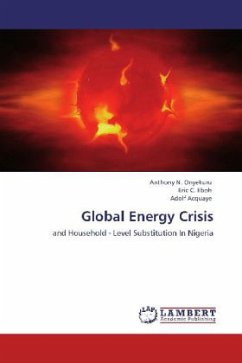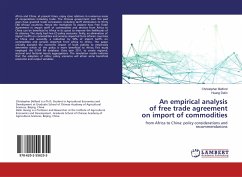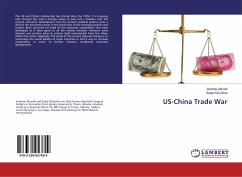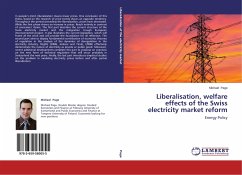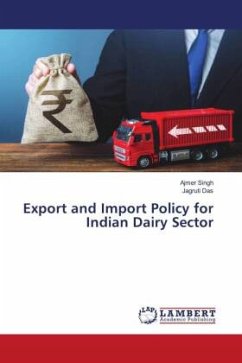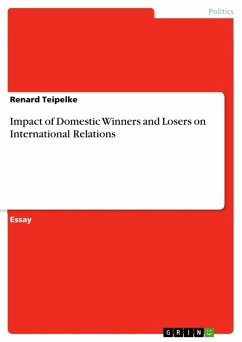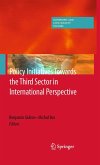Energy economics and politics have historically shaped international relations across the globe. Questions about energy pricing, supply and demand, particularly with respect to oil have proven fundamentally critical for economic development and human welfare. Against this backdrop, this book focuses on global energy crisis and the implications for household-level substitution in developing countries, with particular reference to Nigeria. Given that households in developing economies like Nigeria spend as much as ten percent of their income on cooking energy, the impact of energy pricing could be very significant. Using robust analytical tools with primary data, this book shows the empirical impact of energy crisis among households in Nigeria. Moreover, the book gives insight into the future of global energy and the opportunities for Nigeria and other developing economies to invest in sustainable energy alternatives. It is a rich articulation of literature and empirical data, which commends it as a useful reference for academics, policy makers, energy analysts, international development planers and the general public.

